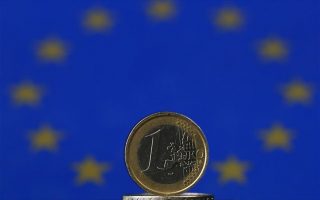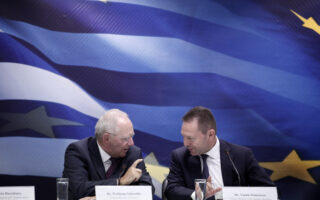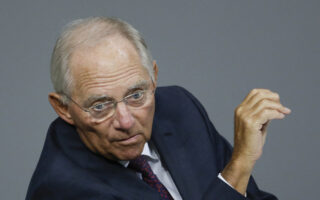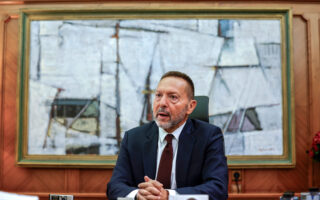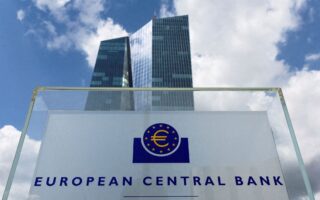None of the countries that have yet to join the euro meet all accession criteria and many have even diverged from the long-set rules of euro membership, the European Central Bank has said in a report on prospective members.
EURO
Twenty years after joining the European Union, Poland is still not ready to adopt the euro currency, the finance minister in the pro-European Union government has said.
If Bulgaria fails to meet European Central Bank inflation targets in June, its planned accession to the eurozone in 2025 could be delayed by months, the country’s central bank governor has said.
The European Central Bank is set to keep interest rates at record highs on Thursday and take baby steps towards cutting them in the coming months as inflation continues to fall despite stubbornly high underlying price pressures.
Bulgaria’s euro coinage will depict two Bulgarian Orthodox saints as well as a 7th or 8th century rock relief dating found in the country’s northeast, its central bank announced on Monday.
Wolfgang Schaeuble resembled a commanding political figure in both Germany and Europe.
I met Wolfgang Schaeuble twice. The first one was in 2017, literally on his last day as Finance Minister. As I was entering the ministry building, they were moving boxes containing his archives, which made me wonder how many documents related to Greece were among them. Some people who knew him well had warned me […]
The case for Europe has always rested on solving problems that countries could not address alone. After the Second World War, visionary leaders understood that the only way to secure peace on our continent was to unite our economies.
Wolfgang Schaeuble assumed the role of Germany’s finance minister in late October 2009, serving in this capacity for a full eight years.
Without Wolfgang Schaeuble’s strong political presence, it is doubtful that the eurozone would have been able to face the monumental challenge of an economic crisis within its own borders and, above all, cope with the Greek crisis by taking initiatives that went beyond the narrow framework of the Treaties and required the allocation of hefty funds.
Wolfgang Schaeuble was an emblem in German politics, one of the pioneers of European integration, a catalyst in the unification of the two Germanies – he probably made it happen on the economic front – and, of course, one of Europe’s longest-serving MPs, having served in the Bundestag for more than 50 years.
One of the key figures of the 2009-2018 Greek debt crisis, Germany’s former finance minister Wolfgang Schaeuble, died on Tuesday.
The European Central Bank must see inflation stably below 3% by the middle of next year before beginning to lower borrowing costs from record highs, ECB policymaker Yannis Stournaras told Reuters on Monday.
The Economic and Financial Affairs Council (Ecofin) of EU finance ministers on Friday adopted implementing decisions approving the amended Recovery and Resilience plans of Greece and another 12 countries (Belgium, Bulgaria, Croatia, Cyprus, Finland, Germany, Hungary, Ireland, Italy, Latvia, Poland and Romania).
The European economy needs greater and wider fiscal integration, completion of the banking union and the creation of a real capital markets union to deal with the new big challenges posed by climate change and the green transition, with their increased investment and financing needs, Bank of Greece Governor Yannis Stournaras said on Tuesday.
France and Germany will discuss later this month how strict new EU fiscal and debt rules should be, to create a basis for a pan-European deal by the end of the year, the finance ministers of both countries said on Thursday.






